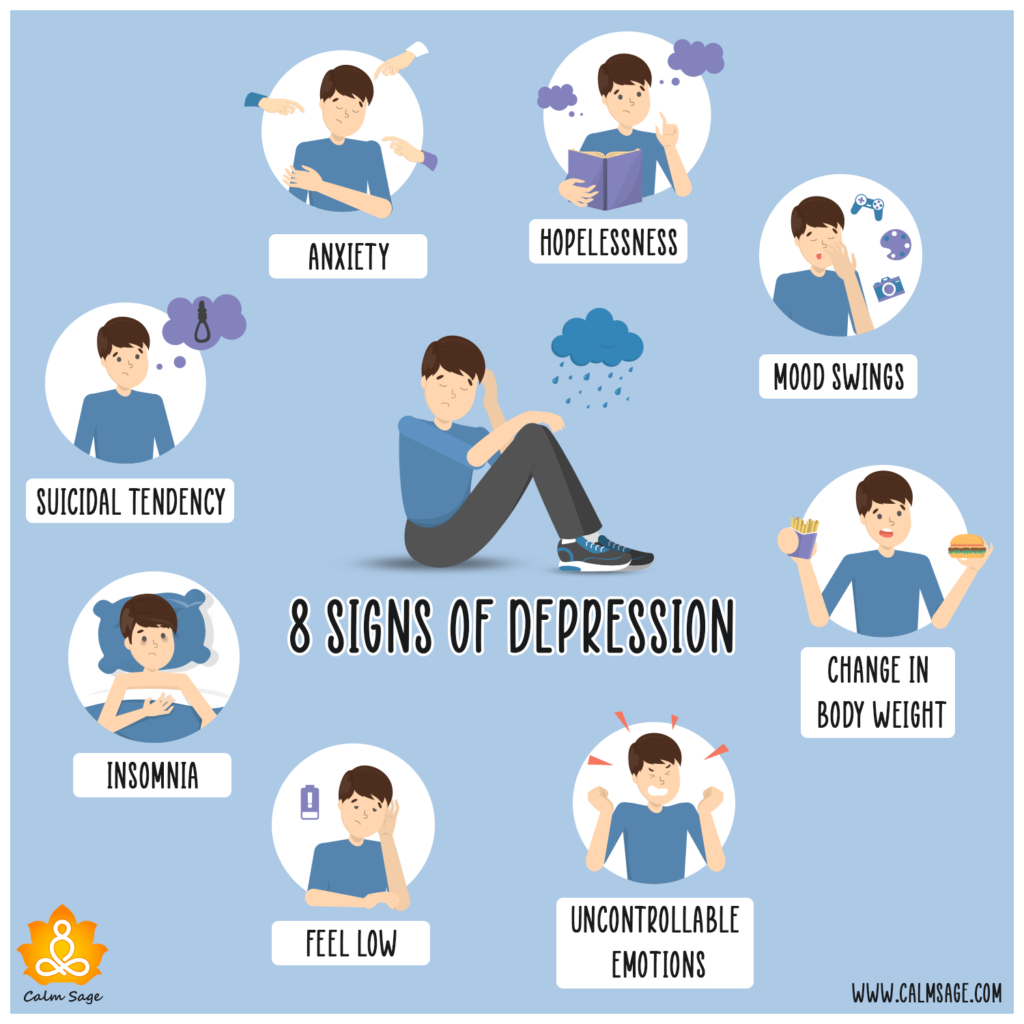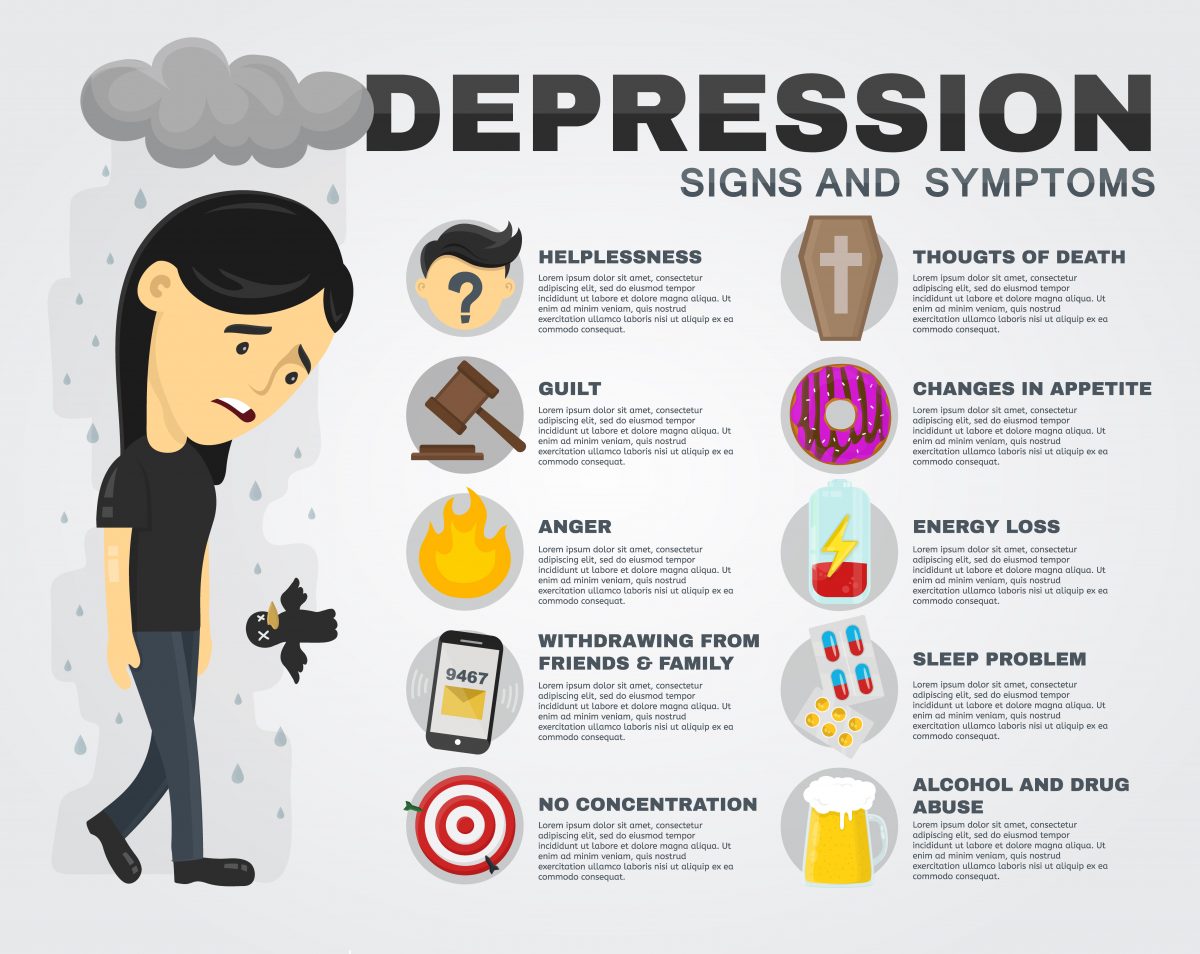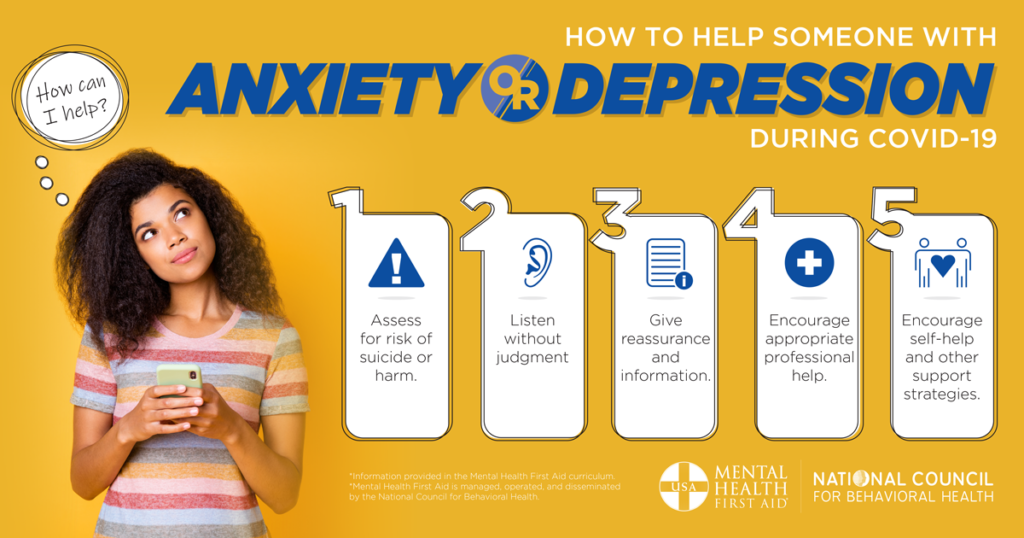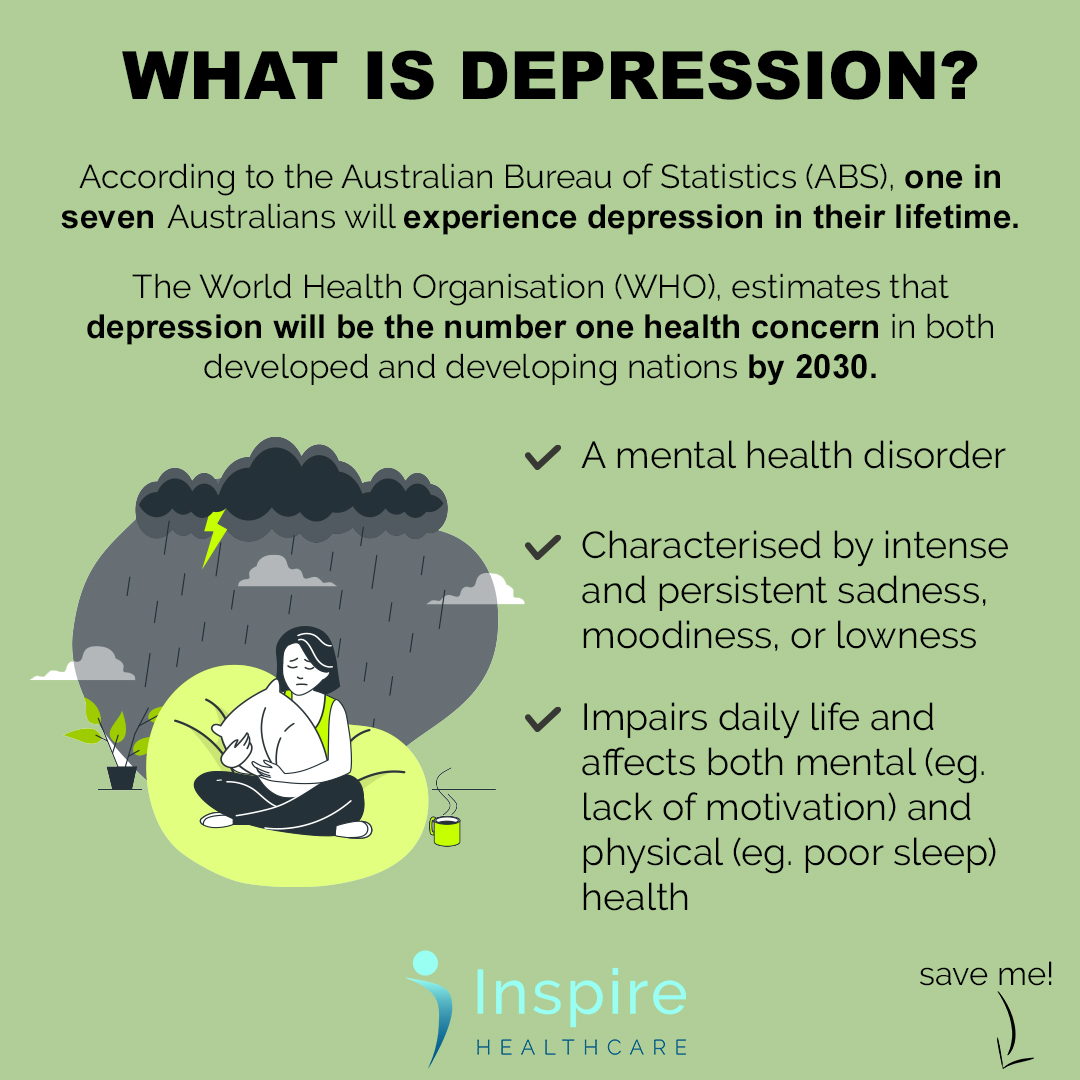How To Prepare For Next Depression

The shadow of economic uncertainty looms large. Whispers of a potential depression are growing louder, fueled by rising inflation, geopolitical instability, and persistent supply chain disruptions.
Are we prepared for a significant economic downturn?
This article will explore actionable strategies for individuals and families to fortify their financial foundations. It will use expert advice and data to navigate the turbulent waters ahead, including insights from economists, financial advisors, and policy analysts.
Understanding the Risks
It's crucial to understand the potential triggers and impacts of a major economic depression. A depression is characterized by a severe and prolonged downturn in economic activity. This includes high unemployment, significant declines in GDP, and widespread business failures.
Inflation, exacerbated by global events and supply chain vulnerabilities, is a key concern.
Geopolitical tensions, like the war in Ukraine, add further instability to the global economic landscape, potentially causing a ripple effect that impacts economies worldwide.
Building a Financial Safety Net
Building a robust financial safety net is paramount. This starts with assessing your current financial situation.
Calculate your monthly income and expenses to identify areas where you can reduce spending and increase savings. A detailed budget provides a clear picture of your cash flow, allowing for proactive adjustments.
An emergency fund is your first line of defense against unexpected job loss or other financial emergencies. Aim to save at least 3-6 months' worth of living expenses in a readily accessible, liquid account.
Managing Debt Wisely
High debt levels can be crippling during an economic downturn. Prioritize paying down high-interest debt, such as credit card balances.
Consider consolidating your debt through a lower-interest loan or balance transfer. This can help reduce your monthly payments and free up cash flow.
Avoid taking on new debt, especially for non-essential purchases. Be cautious about variable-rate loans, as interest rates may rise in an inflationary environment.
Diversifying Income Streams
Relying solely on a single source of income can be risky. Explore opportunities to diversify your income streams.
Consider pursuing freelance work, starting a side business, or investing in assets that generate passive income, such as dividend-paying stocks or rental properties.
Having multiple income sources provides a buffer against job loss and economic instability.
Investing Strategically
Investing during uncertain times requires a strategic and cautious approach. Diversify your investment portfolio across different asset classes, such as stocks, bonds, and real estate.
Consider investing in defensive stocks, which are companies that tend to perform well even during economic downturns. These often include companies in the consumer staples, healthcare, and utilities sectors.
Consult with a qualified financial advisor to develop an investment strategy that aligns with your risk tolerance and financial goals. Do not make impulsive decisions based on market fluctuations.
Essential Skills and Resources
Investing in essential skills and resources can enhance your resilience during an economic downturn. Consider acquiring in-demand skills, such as coding, data analysis, or digital marketing.
These skills can increase your employability and open up new income opportunities. Build a strong professional network and stay informed about industry trends and job market demands.
Networking with professionals in your field can open doors to new opportunities and provide valuable support during challenging times. Research government assistance programs and resources available to those who lose their jobs or face financial hardship.
Food Security and Self-Sufficiency
Food security is a critical concern during economic hardship. Consider starting a home garden to grow your own fruits and vegetables.
Preserve food through canning, freezing, or drying to build a stockpile of essential supplies. Learn basic survival skills, such as first aid, cooking, and home repair.
These skills can become invaluable during times of scarcity and uncertainty.
Community and Support
Building strong community ties is essential for weathering economic storms. Connect with your neighbors and local community organizations.
Share resources and support each other during times of need. A strong community can provide a sense of belonging and resilience in the face of adversity.
Consider volunteering your time and skills to help those in need. "We are stronger together."
Conclusion: Preparing for an Uncertain Future
While predicting the future is impossible, taking proactive steps to prepare for a potential economic downturn is prudent. By building a financial safety net, managing debt wisely, diversifying income streams, investing strategically, and investing in essential skills, individuals and families can increase their resilience.
Focus on self-sufficiency, community support, and continuous learning will provide a strong foundation for navigating uncertain times.
Remember, preparedness is not about fear; it's about empowerment. By taking control of your financial destiny, you can weather any storm and emerge stronger on the other side. Seek professional advice from certified financial planners.

















